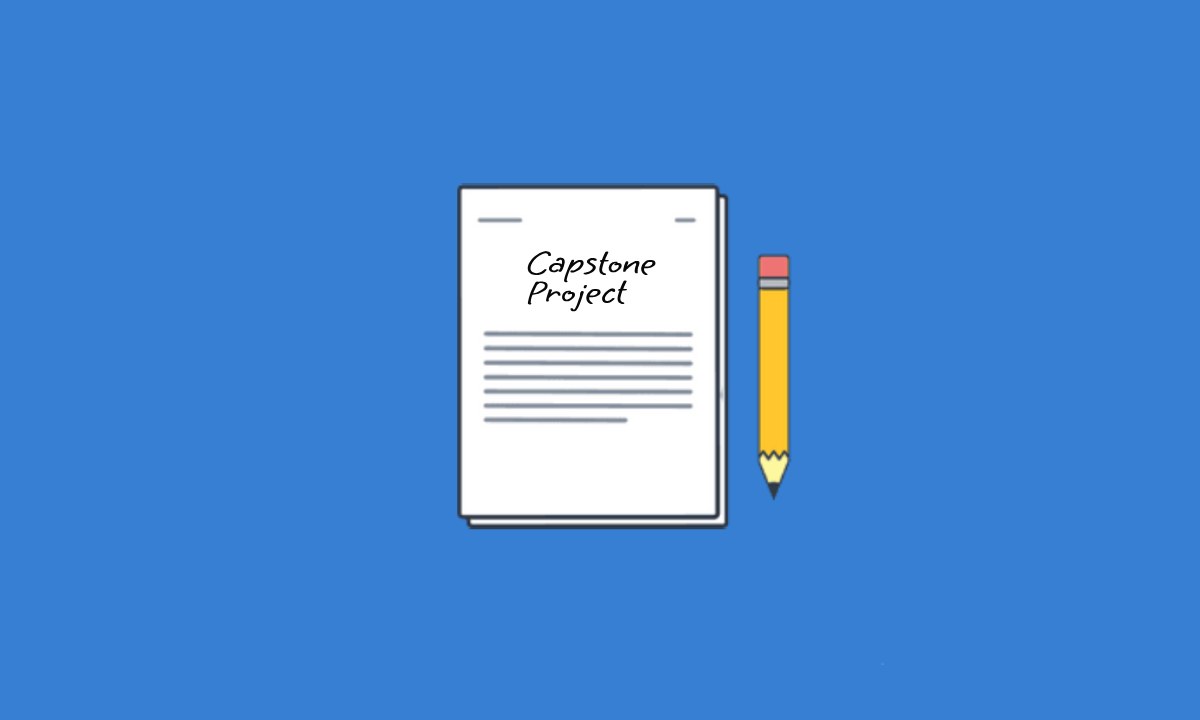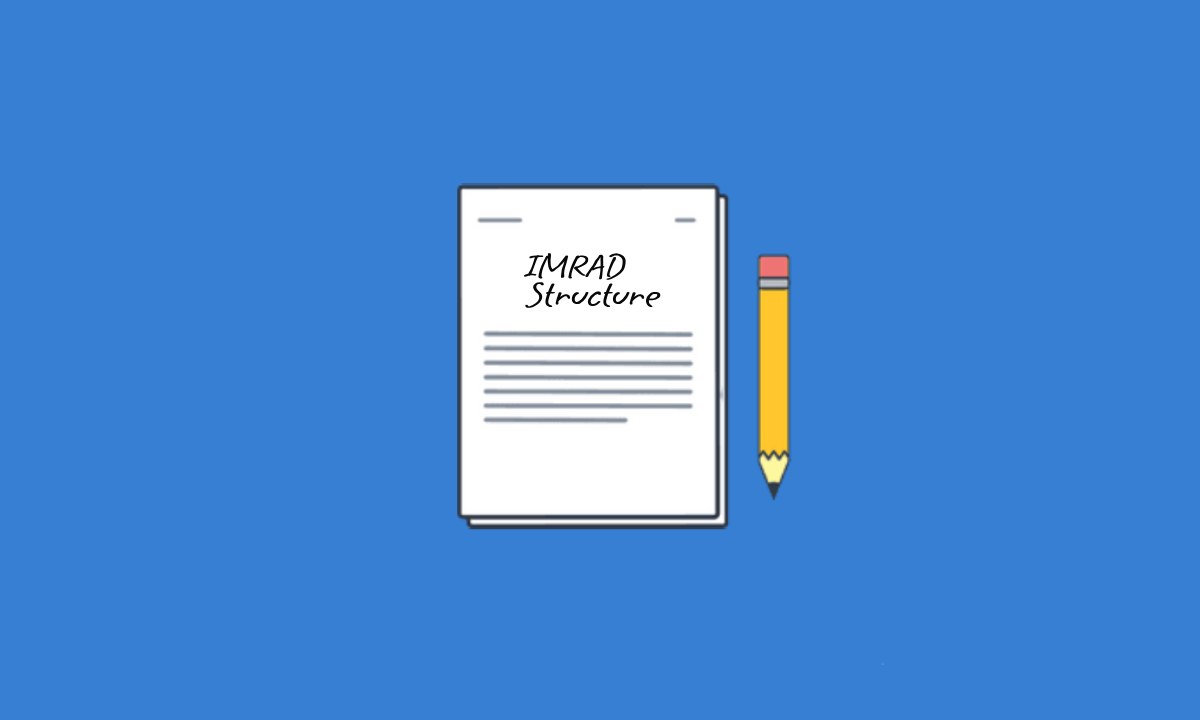What is Coursework?
Coursework refers to the tasks and assignments assigned to students as part of their educational curriculum. These tasks are typically meant to be completed outside of regular classroom hours and are designed to assess a student’s understanding and mastery of the material covered in their courses.
Coursework Types:
Below are some common types of coursework:
Essays
Descriptive Essays: Focus on detailing and describing a topic.
Argumentative Essays: Present arguments for and against a particular issue.
Narrative Essays: Tell a story or discuss an experience.
Expository Essays: Explain a topic in a straightforward manner.
Research Papers
In-depth studies based on independent research, involving the collection and analysis of data, and typically including a literature review, methodology, results, discussion, and conclusion sections.
Lab Reports
Common in science courses, documenting experiments, methodologies, results, and analyses.
Presentations
Oral presentations often accompanied by visual aids like PowerPoint slides, aimed at conveying information clearly and engagingly.
Projects
Practical or creative tasks that require planning and execution over a period. They often culminate in a final product or presentation.
Case Studies
In-depth analyses of a particular instance, organization, or phenomenon, often used in business, law, and medical courses.
Portfolios
Collections of work over a period showcasing skills, accomplishments, and progress in a particular area.
Quizzes and Tests
Regular assessments to gauge understanding of the material. Quizzes are usually shorter, while tests can be more comprehensive.
Homework Assignments
Routine tasks assigned to reinforce classroom learning, typically involving problem-solving or reading.
Fieldwork
Practical activities conducted outside the classroom, common in disciplines like geology, anthropology, and environmental science.
Group Projects
Collaborative assignments requiring teamwork to complete a task or solve a problem, often culminating in a joint presentation or report.
Discussion Posts
Contributions to online discussion boards, requiring students to engage with peers on course-related topics.
Thesis and Dissertations
Extensive research projects required for completion of graduate degrees, demonstrating original research and significant academic contribution.
Coursework Purpose:
Coursework serves several key purposes in the educational process, contributing to the development of students in various ways:
Assessment and Evaluation:
Coursework allows educators to assess students’ understanding and mastery of the subject matter. It provides a more comprehensive evaluation than exams alone, as it can include a variety of assignments such as essays, projects, presentations, and practical activities.
Skill Development:
Through coursework, students develop a range of skills that are essential for their academic and professional lives. These include research skills, critical thinking, problem-solving, time management, and written and oral communication.
Application of Knowledge:
Coursework often requires students to apply theoretical knowledge to practical situations. This helps in reinforcing learning and understanding the real-world relevance of the subject matter.
Independent Learning:
Completing coursework encourages students to take responsibility for their own learning. It promotes independent study, self-discipline, and the ability to work without constant supervision.
Engagement and Interest:
Well-designed coursework can engage students by allowing them to explore topics of interest within the subject. This can foster a deeper interest in the field and motivate further study.
Feedback and Improvement:
Coursework provides an opportunity for feedback from instructors, which is crucial for student development. Constructive feedback helps students understand their strengths and areas for improvement.
Preparation for Future Challenges:
Coursework often simulates tasks and challenges that students will face in their future careers. It prepares them for the demands of the workplace and further academic pursuits by providing relevant and practical experiences.
Coursework Format:
When formatting coursework, it’s important to follow the guidelines provided by your instructor or institution. However, general guidelines for coursework formatting typically include the following components:
1. Title Page
Title of the Assignment
Your Name
Course Title
Instructor’s Name
Date of Submission
2. Abstract
A brief summary of the contents of the coursework (if required).
3. Table of Contents
List all sections and subsections with corresponding page numbers.
4. Introduction
Introduce the topic.
State the purpose and objectives of the coursework.
Outline the structure of the document.
5. Main Body
Literature Review: Summarize and critique relevant literature.
Methodology: Describe the methods used for research or analysis.
Results/Findings: Present the data or findings.
Discussion: Interpret the results and discuss their implications.
Analysis: Provide a detailed analysis of the results (if required).
6. Conclusion
Summarize the main points.
Restate the significance of the findings.
Suggest possible future research or applications.
7. References
List all sources cited in your coursework.
Follow the citation style specified by your instructor (APA, MLA, Chicago, etc.).
8. Appendices
Include any additional material such as raw data, detailed calculations, questionnaires, etc.
Formatting Guidelines
- Font: Typically, Times New Roman, 12-point.
- Spacing: Double-spaced or as specified.
- Margins: Usually 1-inch margins on all sides.
- Page Numbers: Include page numbers, usually in the bottom right corner.
- Headings and Subheadings: Use a clear and consistent format for headings and subheadings.
- Figures and Tables: Label and number all figures and tables. Provide a caption for each.
How to Write Coursework?
Writing coursework can be a challenging task, but breaking it down into manageable steps can make the process much smoother. Here’s a comprehensive guide to help you write effective coursework:
1. Understand the Requirements
Read the instructions carefully: Ensure you fully understand what is expected, including the topic, format, length, and any specific guidelines.
Clarify doubts: If any part of the assignment is unclear, ask your instructor for clarification.
2. Choose a Topic
Select a relevant topic: Pick a topic that interests you and meets the coursework requirements.
Narrow down your focus: Ensure the topic is specific enough to cover within the given word limit.
3. Conduct Research
Gather sources: Use books, academic journals, credible websites, and other reliable sources.
Take notes: Organize your notes by themes or sections to make it easier to reference later.
Evaluate sources: Ensure your sources are credible and relevant to your topic.
4. Plan and Outline
Create an outline: Organize your main points and supporting details into a logical structure. This will serve as a roadmap for your coursework.
Include sections: Typical sections might include an introduction, literature review, methodology (for research-based coursework), results, discussion, and conclusion.
5. Write the Introduction
Introduce the topic: Provide background information and context.
State your thesis: Clearly state the purpose or main argument of your coursework.
Outline the structure: Briefly describe what each section will cover.
6. Develop the Body
Follow your outline: Write each section according to your plan.
Use evidence: Support your arguments with evidence from your research.
Analyze critically: Don’t just describe your sources; analyze and interpret them.
Stay focused: Keep each paragraph focused on a single idea.
7. Write the Conclusion
Summarize key points: Recap the main arguments or findings of your coursework.
Restate your thesis: Reinforce how your evidence supports your thesis.
Implications and future work: Mention any implications of your work and potential areas for further research.
8. Cite Your Sources
Follow citation guidelines: Use the required citation style (e.g., APA, MLA, Chicago).
Include a bibliography or reference list: List all sources you referenced in your coursework.
9. Edit and Proofread
Take a break: After writing, take some time away from your work before revising it.
Check for coherence: Ensure your arguments flow logically from one to the next.
Proofread: Look for grammatical errors, typos, and formatting issues.
Seek feedback: Have a peer or mentor review your coursework and provide feedback.
10. Finalize Your Work
Make revisions: Based on feedback and your own review, make necessary revisions.
Format properly: Ensure your coursework adheres to the required formatting guidelines.
Submit on time: Ensure you submit your coursework by the deadline.
How to List Coursework on Resume?
Listing coursework on a resume can be an effective way to highlight your relevant skills and knowledge, especially if you are a recent graduate or if the coursework is particularly pertinent to the job you are applying for. Here are some steps and tips on how to include coursework on your resume:
1. Choose Relevant Coursework
Select courses that are directly related to the job or industry.
Focus on advanced courses or those that provided you with specialized skills or knowledge.
2. Create a Dedicated Section
Title the section appropriately: Use headings like “Relevant Coursework,” “Coursework,” or “Related Courses.”
Placement: This section can be placed after your education section or within it.
3. Format the Coursework Section
List Format: Use bullet points or a list format to make it easy to read.
Detailing: You can simply list the course titles, or provide a brief description of what you learned or accomplished in each course.
4. Include Key Projects or Achievements
Highlight specific projects or significant achievements within your coursework that are relevant to the job.
Use a bullet point under the course to describe major projects, research, or papers.
5. Keep It Concise
Do not overload this section; include 4-6 courses that are most relevant.
Avoid listing basic or introductory courses unless they are particularly relevant.
Coursework Resume Example Layouts
Example 1: List Format
Relevant Coursework:
Data Structures and Algorithms
Machine Learning and Artificial Intelligence
Database Management Systems
Software Development and Design
Operating Systems
Example 2: Detailed Format
Relevant Coursework:
Data Structures and Algorithms: Studied various data structures, including linked lists, trees, and graphs, and their algorithmic applications.
Machine Learning and Artificial Intelligence: Explored supervised and unsupervised learning techniques, neural networks, and deep learning.
Database Management Systems: Covered database design, SQL, and NoSQL databases, and data normalization.
Software Development and Design: Focused on software engineering principles, design patterns, and agile methodologies.
Operating Systems: Examined operating system concepts, including process management, memory management, and file systems.
Coursework vs Research:
Below are key differences between coursework and research:
- The goal of coursework is to provide students with a comprehensive understanding of a subject through a structured curriculum while the goal of research is to contribute new knowledge to a specific field through original investigation.
- Coursework involves attending lectures, participating in discussions, completing assignments, and taking exams while research involves identifying a problem or question, conducting a literature review, designing a study, collecting and analyzing data, and presenting findings.
- Evaluations in coursework are based on performance in assignments, projects, presentations, and exams while evaluations in research are based on the originality, significance, and rigor of the research work, often culminating in a thesis or dissertation.
- Coursework aims to develop a broad foundation of knowledge, skills, and competencies in a specific field while research focuses on deep, specialized study and the creation of new theories, models, or applications.
- Graduates of coursework programs gain a well-rounded understanding of the field and are prepared for various professional roles while researchers develop expertise in a niche area and contribute to the academic and professional community through publications and presentations.
- Coursework is typically organized into modules or units, each focusing on different topics within the discipline while research requires a high level of independence, critical thinking, and methodological rigor.
- Coursework serves as a stepping stone for further academic pursuits or career advancement while research prepares individuals for careers in academia, advanced professional roles, or further research.



